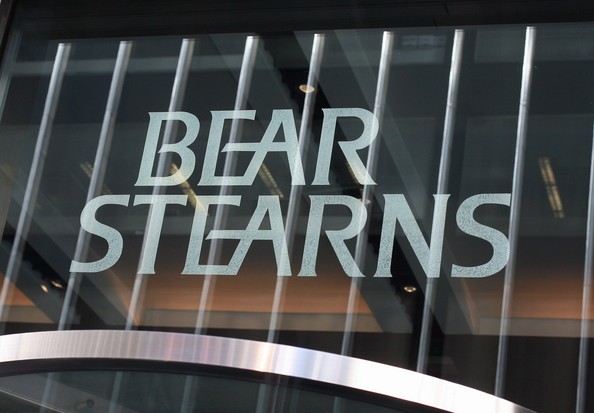Bear Stearns Jurors: I’d Invest With Them
 Not only did the government lose its case against two top Bear Stearns managers but at least one juror came away wanting to invest with them.
Not only did the government lose its case against two top Bear Stearns managers but at least one juror came away wanting to invest with them.
Prosecutors missed the mark so widely in the fraud trial of Bear Stearns Cos. hedge fund managers Ralph Cioffi and Matthew Tannin that a juror said after their acquittal she would invest with them if she had the money.
[…]
The funds collapsed in 2007, as did Bear Stearns itself less than a year later. The defendants, according to juror Serphaine Stimpson, were made “scapegoats for Wall Street.”
[…]
Stimpson said she came into the trial thinking both Cioffi and Tannin were guilty of the fraud, insider-trading and conspiracy charges. She said she began to have second thoughts as the testimony progressed and defense lawyers “tore the government witnesses apart.” “We just weren’t 100 percent convinced,” said Stimpson, 27, an office coordinator at Brooklyn College. “As the witnesses began to testify, I had my doubts.”
Key parts of the government’s case relied on e-mails written by the defendants. The men claimed in e-mails and conversations with investors to be adding their own money to the funds in the months before their collapse, the U.S. alleged. Neither man added any money to the funds, once valued at $20 billion, prosecutors said.
The defense argued Cioffi and Tannin were innocent of any wrongdoing and had remained honestly optimistic about the funds’ health. E-mails which the men sent were more ambiguous than the government alleged, the lawyers for the two men said.
Jenny McCaughey, of Deer Park, on New York’s Long Island, served as the jury forewoman. She said the e-mails presented by the government as evidence cut both ways. “They said one thing and another thing,” McCaughey said. “The government didn’t give us enough evidence to go on.”
Aram Hong, a juror from Woodside, Queens, said the exchanges between Cioffi and Tannin shown to the jury proved to her that the two men were working “24-7” to save the funds in the months before they collapsed. She noted a defense exhibit that showed the fund managers were working at 4 a.m. “If this was really a fraud case, they wouldn’t have worked that hard,” said Hong, 27, a food and beverage director at the Iroquois Hotel in midtown Manhattan, adding that she would invest with the two men if she had the money.
This is a fascinating outcome, in that jurors were naturally disposed to convict. These companies collapsed when dubious business practices finally proved unsustainable, helping take down the global economy. And these guys were making millions!
But it certainly looks as if, at a minimum, these guys were overcharged. They may well have been guilty of malfeasance and failure to perform due dilligence, although whether that rose to a criminal level I can’t say. But fraud seems a ridiculous charge given the evidence.
Overcharging is the standard approach that prosecutors take when the accused wont accept a plea deal. Throw everything you possibly can at them so that the sentences start to pile up and up and up. Even if there is only a slight chance of conviction on all counts when you are looking at 60 or 70 years of possible jail time people suddenly are a lot less likely to put up a defense and take the deal.